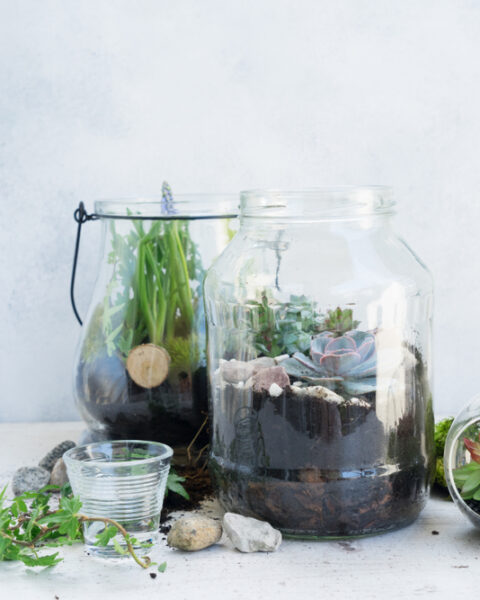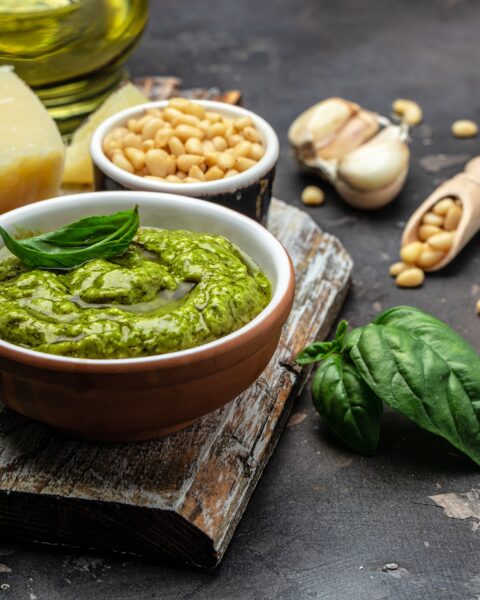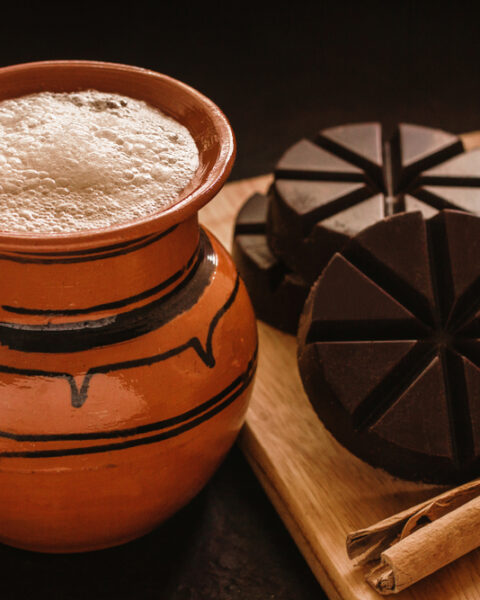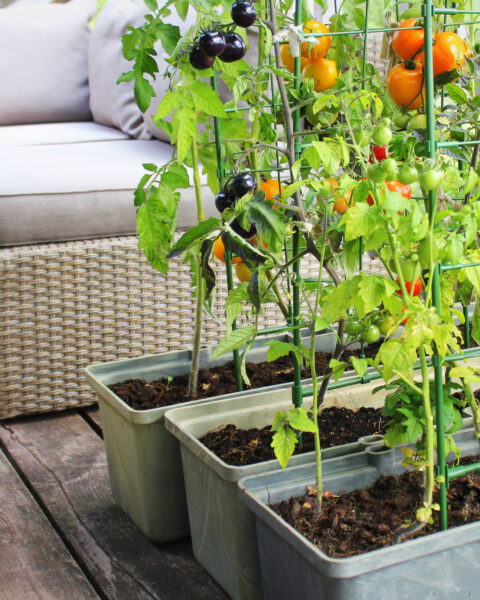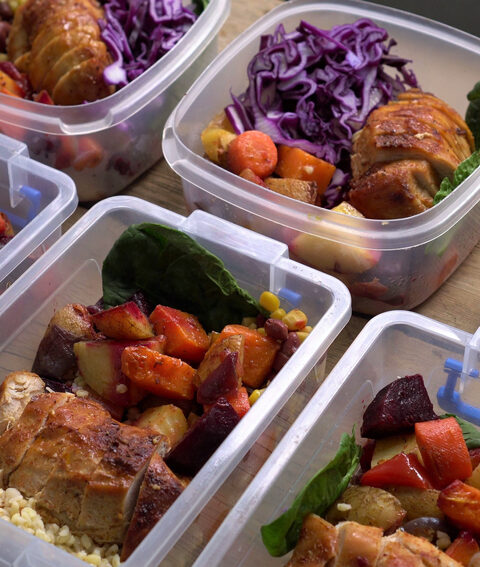Making your kitchen more sustainable doesn’t have to be a daunting task. By swapping out a few key items, you can significantly reduce your environmental footprint. These small changes not only help the planet but also often lead to a healthier lifestyle. Let’s explore some simple swaps that can make a big difference in your kitchen today.
Contents
- 1 Reusable Produce Bags
- 2 Beeswax Wraps
- 3 Glass Storage Containers
- 4 Compostable Sponge Alternatives
- 5 Stainless Steel Straws
- 6 Bamboo Utensils
- 7 Cloth Napkins
- 8 Refillable Spice Jars
- 9 Silicone Baking Mats
- 10 Energy-Efficient Appliances
- 11 Bulk Food Containers
- 12 Reusable Coffee Filters
- 13 Cast Iron Cookware
- 14 Reusable Tea Infusers
- 15 Eco-Friendly Dish Soap
- 16 More From RetailShout
- 17 15 Affordable Aldi Finds to Keep Your Pantry Full This November
- 18 12 Essential Costco Buys Under $20
Reusable Produce Bags
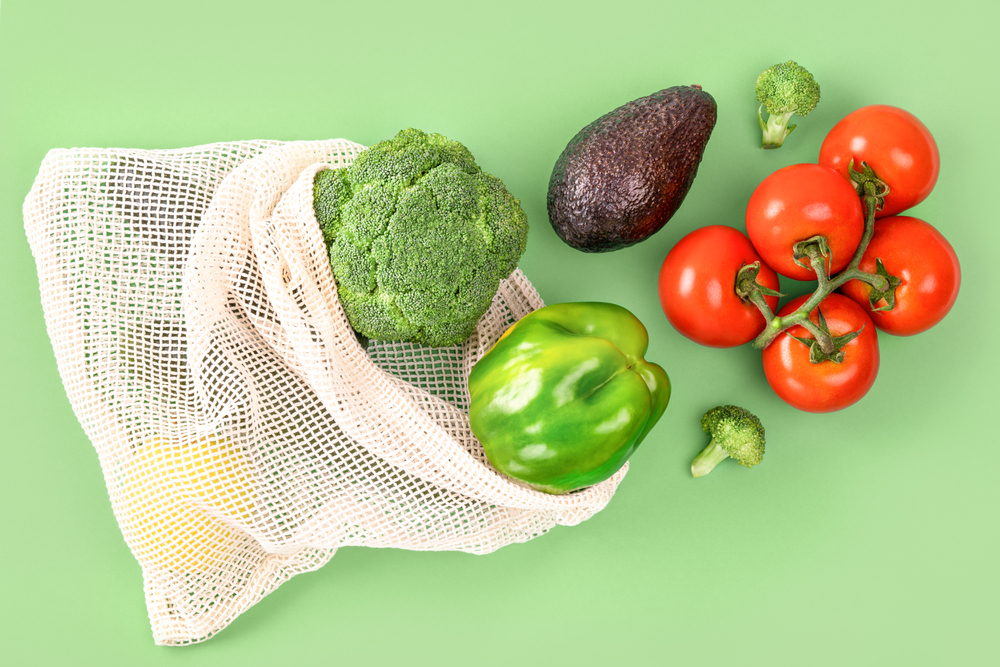
Plastic produce bags contribute significantly to waste, often ending up in landfills or oceans. Switching to reusable produce bags made from cotton or mesh can help reduce this impact. They are durable, washable, and can be used repeatedly, making them a simple yet effective swap. Plus, they often keep your produce fresher for longer by allowing better air circulation.
Beeswax Wraps
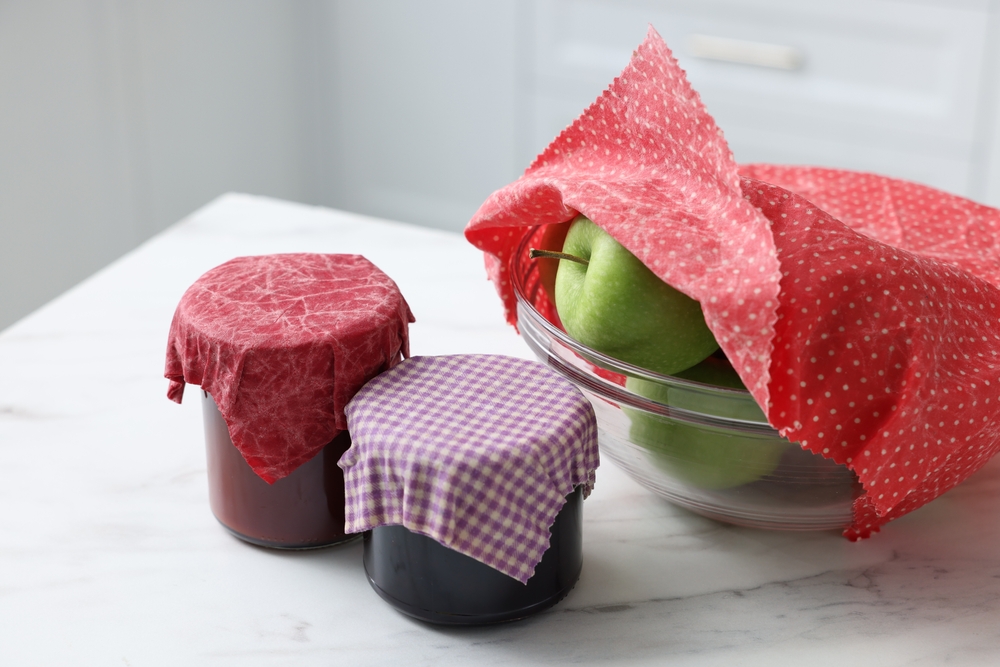
Beeswax wraps are an excellent alternative to plastic wrap for covering leftovers or wrapping snacks. Made from natural materials, they are reusable, biodegradable, and come in various sizes to suit your needs. These wraps mold to the shape of your food or containers, providing a secure seal. They also add a touch of eco-friendly charm to your kitchen.
Glass Storage Containers
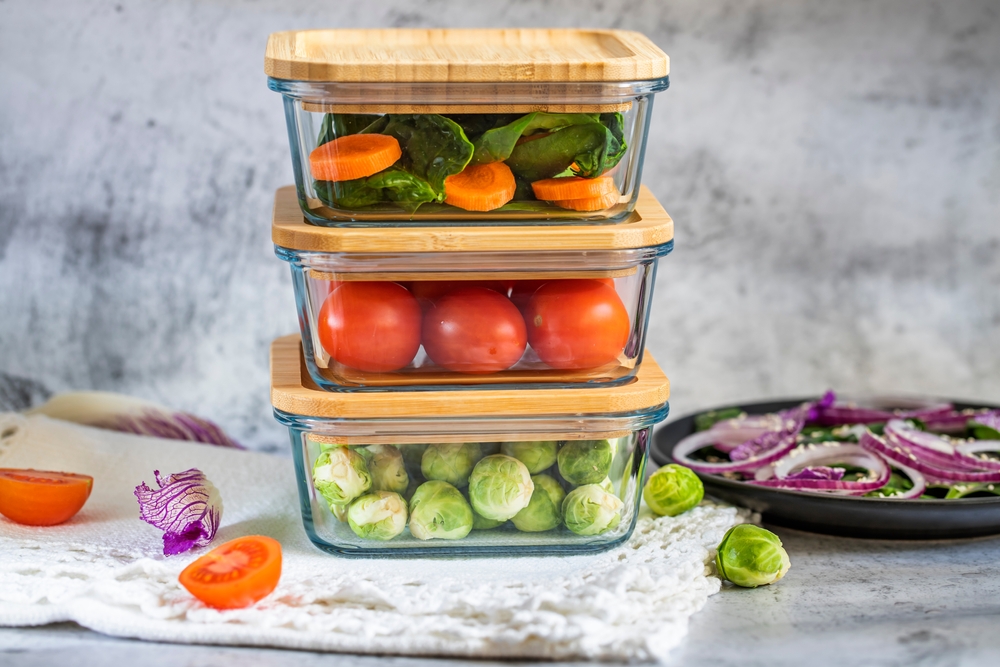
Ditching plastic containers in favor of glass storage is a sustainable move that benefits both the environment and your health. Glass is non-toxic, doesn’t absorb odors, and can be used in the microwave or oven. It’s also more durable and easier to clean, making it a long-lasting option for storing leftovers and meal prep. With their sleek design, glass containers can also make your fridge look more organized.
Compostable Sponge Alternatives
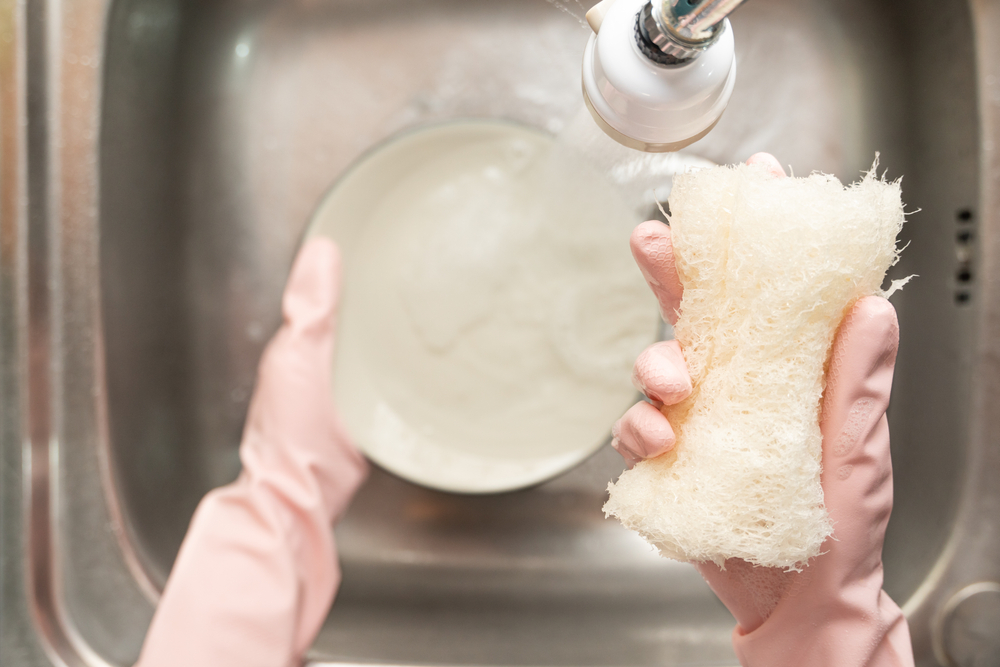
Traditional kitchen sponges are often made from synthetic materials that take years to break down. Compostable sponges, made from natural fibers like cellulose, offer an eco-friendly alternative. They are just as effective for cleaning but can be composted after use, reducing your kitchen waste. These sponges are often more absorbent and can even last longer than their synthetic counterparts.
Stainless Steel Straws
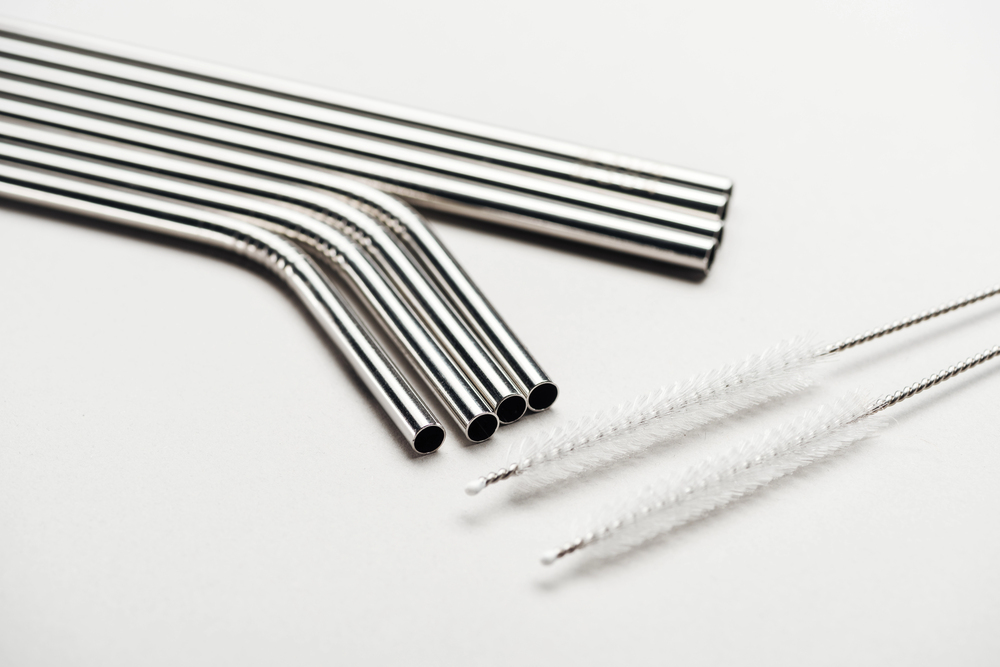
Plastic straws are a major contributor to pollution, particularly in our oceans. Replacing them with stainless steel straws is a small change that can have a big impact. Stainless steel straws are reusable, easy to clean, and can be carried with you wherever you go. They are durable, hygienic, and a stylish addition to your kitchenware.
Bamboo Utensils
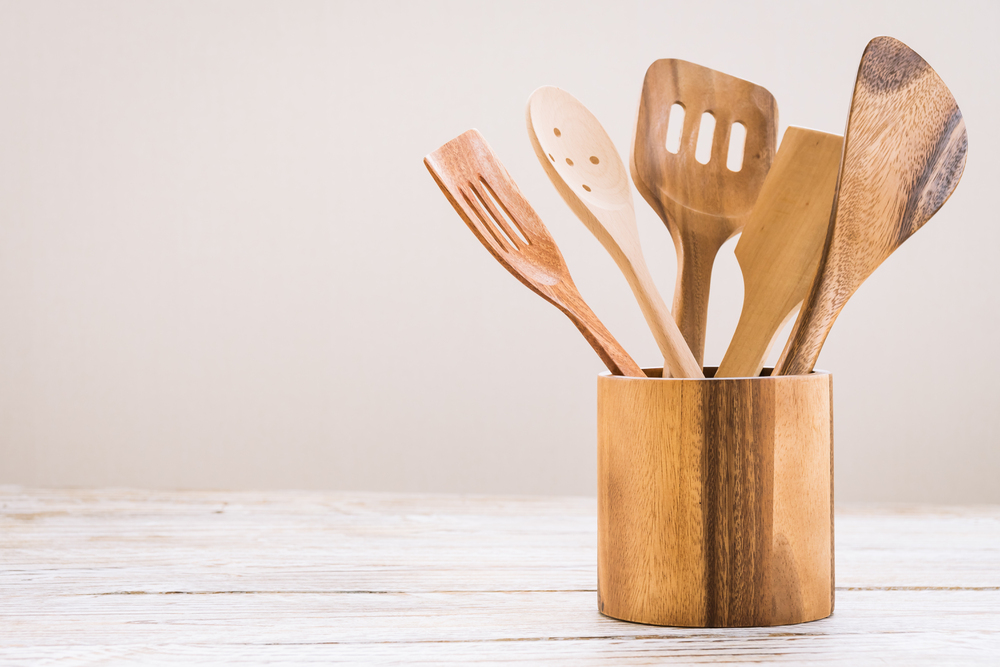
Bamboo utensils are a sustainable alternative to plastic or metal cutlery. Bamboo is a fast-growing, renewable resource, making it an eco-friendly choice for your kitchen. These utensils are lightweight, durable, and naturally resistant to bacteria. They add a touch of natural beauty to your kitchen while reducing your reliance on less sustainable materials.
Cloth Napkins

Swapping disposable paper napkins for cloth napkins can significantly reduce waste in your kitchen. Cloth napkins are reusable, come in various colors and patterns, and can be easily washed after use. They add a touch of elegance to your dining experience and are a simple way to cut down on single-use products. Over time, they can save you money and reduce your household’s environmental footprint.
Refillable Spice Jars
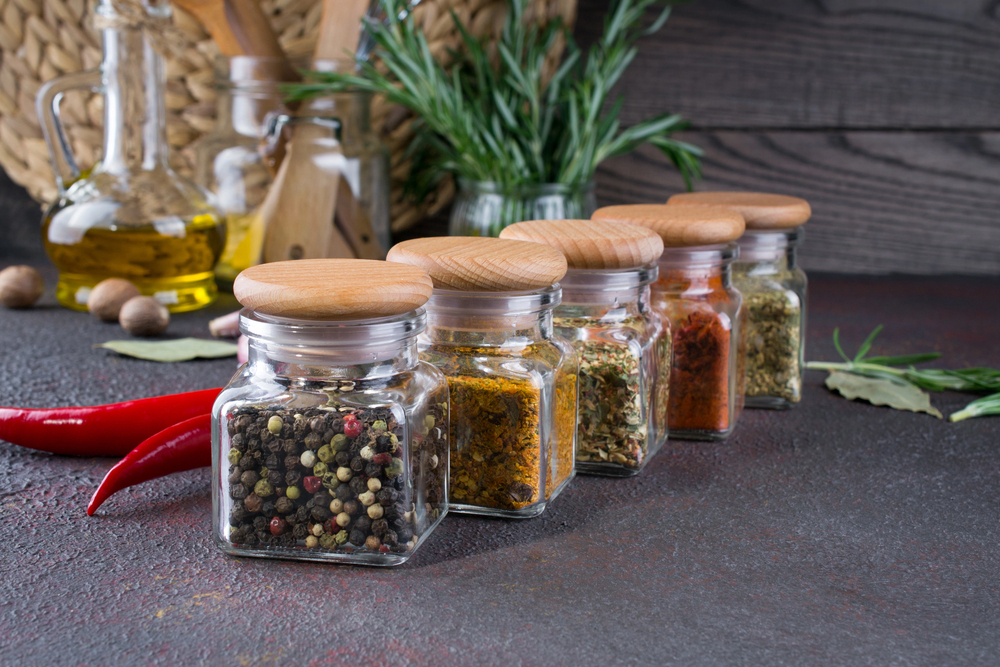
Pre-packaged spices often come in plastic containers that contribute to waste. Switching to refillable spice jars allows you to buy spices in bulk, reducing packaging waste. Glass or metal jars are durable and can be reused endlessly. Plus, they look great on your spice rack and help you keep your kitchen organized.
Silicone Baking Mats
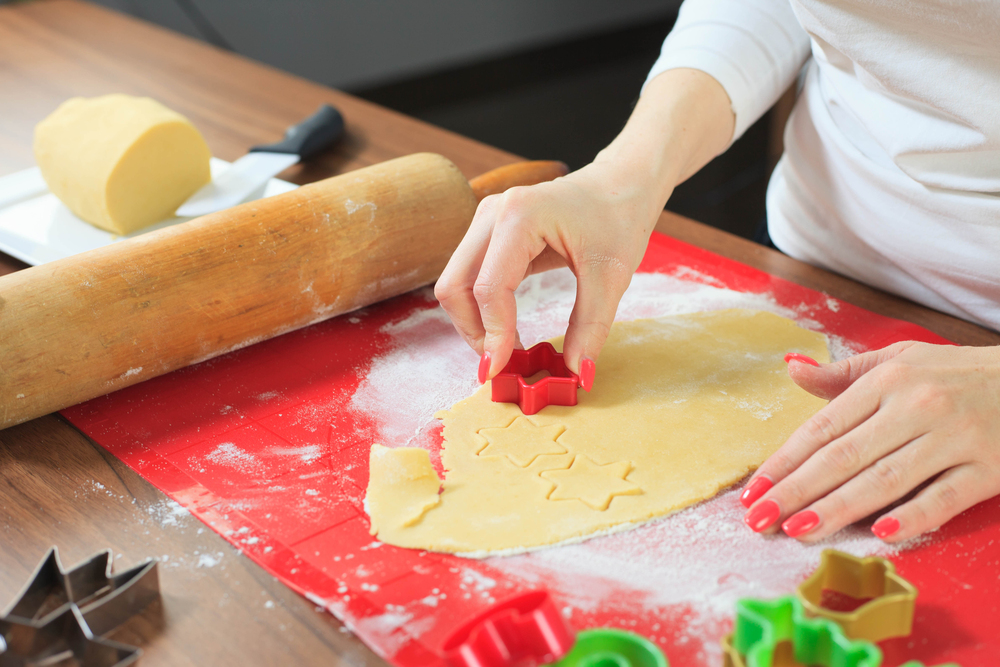
Silicone baking mats are a great replacement for single-use parchment paper or aluminum foil. They are non-stick, easy to clean, and can be used repeatedly, reducing waste. These mats are also heat-resistant and versatile, suitable for baking, roasting, and more. Investing in a few silicone mats can save you money and cut down on kitchen waste over time.
Energy-Efficient Appliances
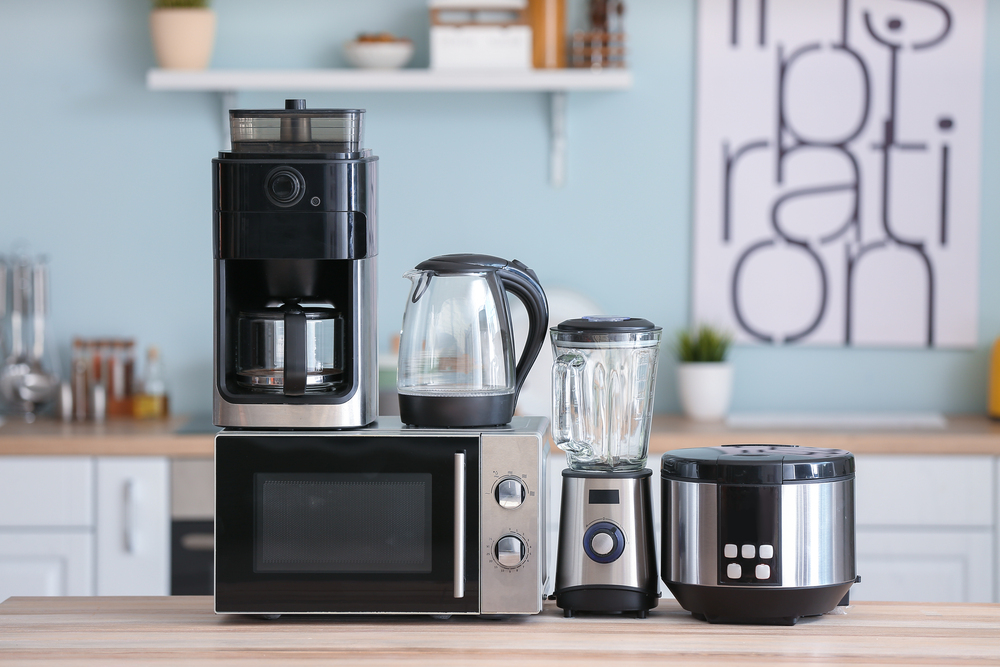
Upgrading to energy-efficient kitchen appliances can greatly reduce your household’s energy consumption. Look for appliances with the Energy Star label, which meet strict energy efficiency guidelines. These appliances not only use less energy but also often perform better and last longer than less efficient models. Over time, they can help lower your utility bills and reduce your carbon footprint.
Bulk Food Containers
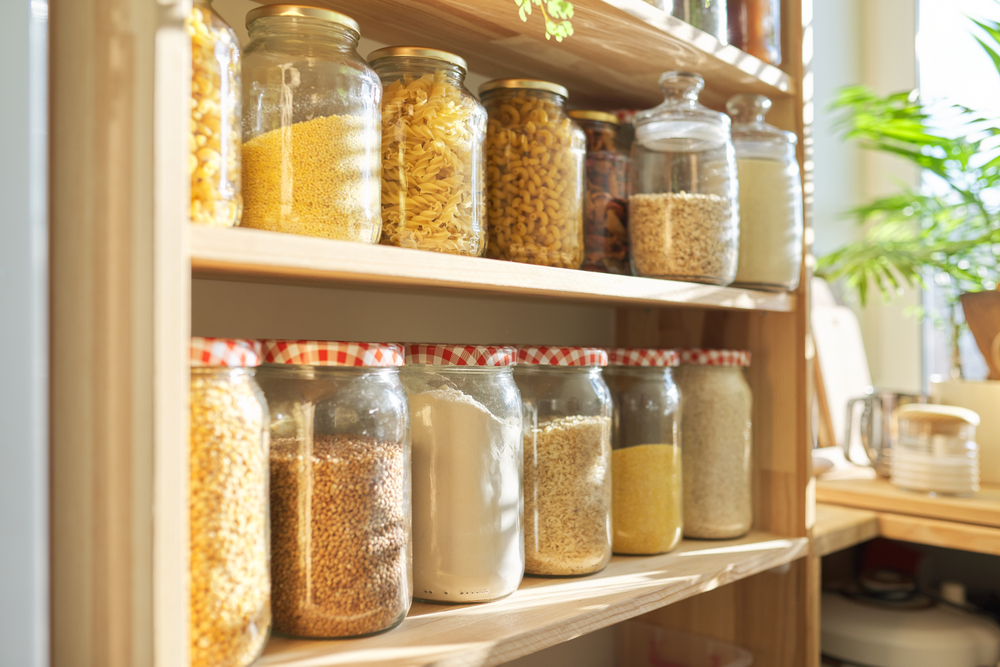
Buying food in bulk and storing it in reusable containers can minimize packaging waste. Glass or stainless steel containers are perfect for storing bulk items like grains, nuts, and dried fruits. This practice reduces the need for single-use plastic packaging and keeps your pantry organized. Plus, buying in bulk often saves money and ensures you always have essential ingredients on hand.
Reusable Coffee Filters
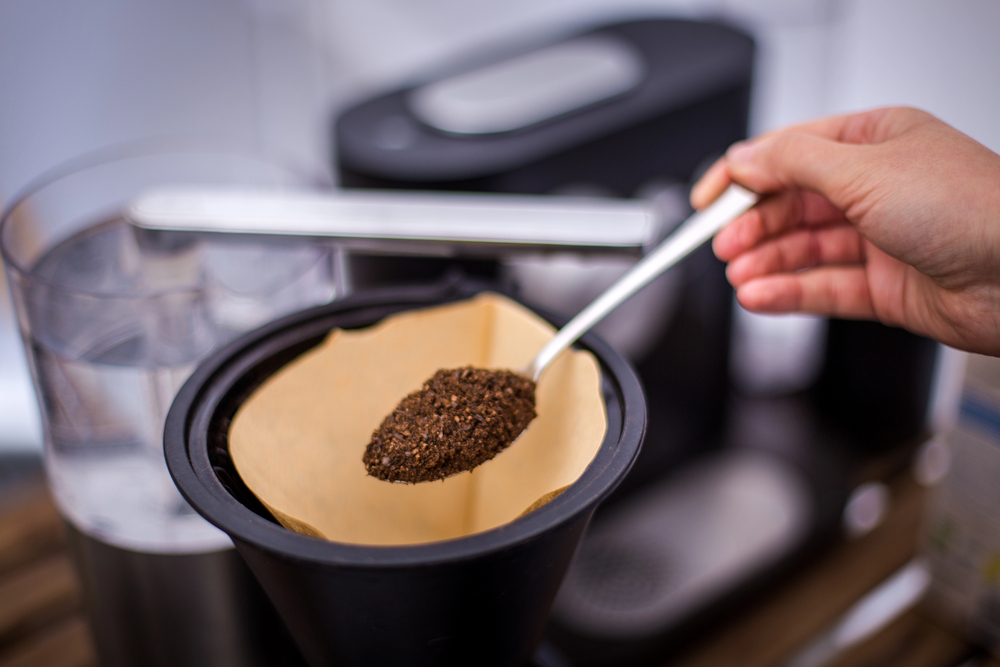
Single-use coffee filters create unnecessary waste, especially if you brew coffee daily. Reusable coffee filters, made from metal or cloth, are a sustainable alternative that can be used repeatedly. They are easy to clean and often produce a richer, more flavorful cup of coffee. Making this swap is a simple way to reduce your kitchen waste while enjoying your daily brew.
Cast Iron Cookware
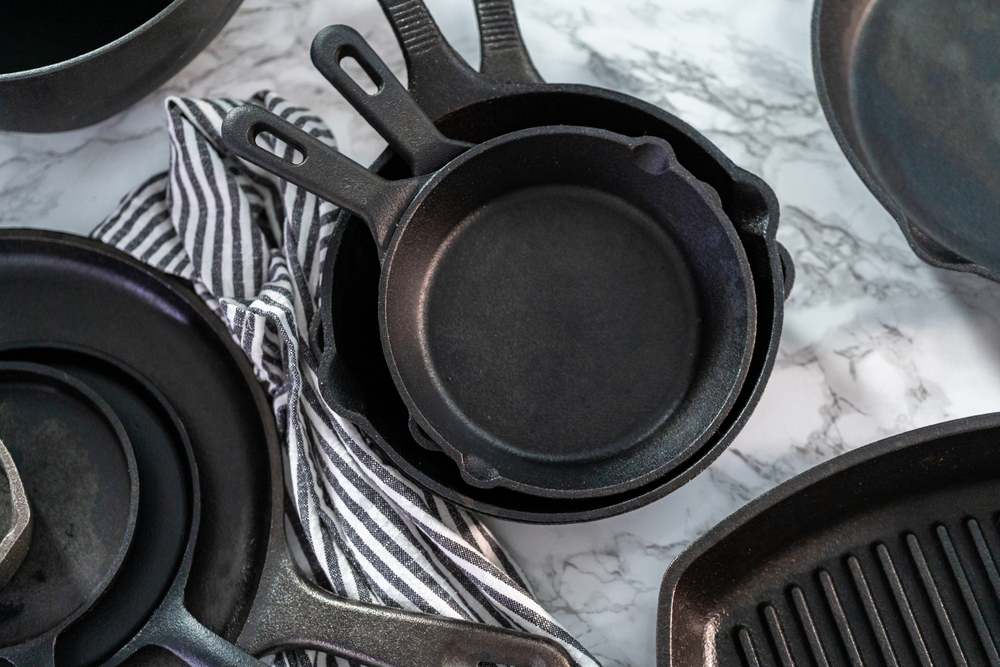
Cast iron cookware is a durable, eco-friendly alternative to non-stick pans that often contain harmful chemicals. Cast iron can last a lifetime if properly cared for, and it provides excellent heat retention and even cooking. It’s versatile, suitable for use on the stovetop, in the oven, or even over a campfire. Investing in cast iron means fewer pans to replace and less waste over time.
Reusable Tea Infusers
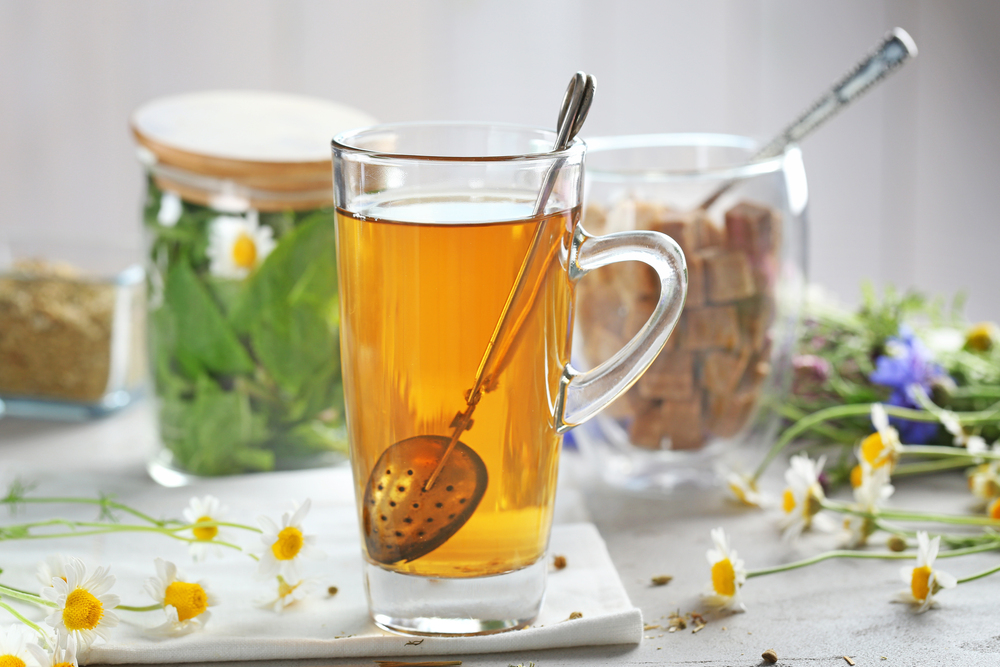
If you’re a tea lover, consider switching to loose leaf tea and reusable tea infusers. Single-use tea bags often contain plastic and create waste, whereas a stainless steel or silicone infuser can be used indefinitely. Loose leaf tea is often fresher and more flavorful, and you can compost the used leaves. This simple swap reduces waste and enhances your tea-drinking experience.
Eco-Friendly Dish Soap
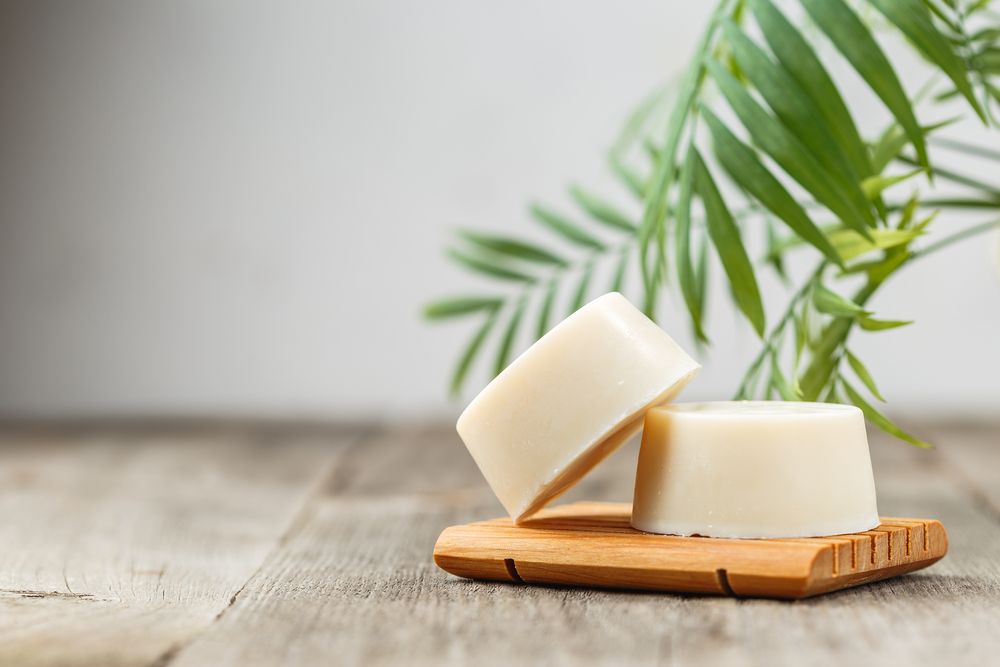
Conventional dish soaps often contain harsh chemicals and come in plastic bottles. Switching to eco-friendly dish soap, especially those in refillable or zero-waste packaging, can make a big difference. These soaps are made from natural ingredients, are biodegradable, and are often gentler on your skin. Pair them with a compostable sponge for a truly sustainable dishwashing routine.
This article originally appeared on RetailShout.
More From RetailShout
10 New and 16 Returning Items Of The Week At Trader Joe’s (11/17 – 11/25)

Trader Joe’s has once again brought an exciting lineup of new and returning seasonal favorites to their shelves, just in time for the holidays. From savory showstoppers to sweet indulgences, the November 17 – 25 collection is something to look forward to. Read More.
15 Affordable Aldi Finds to Keep Your Pantry Full This November
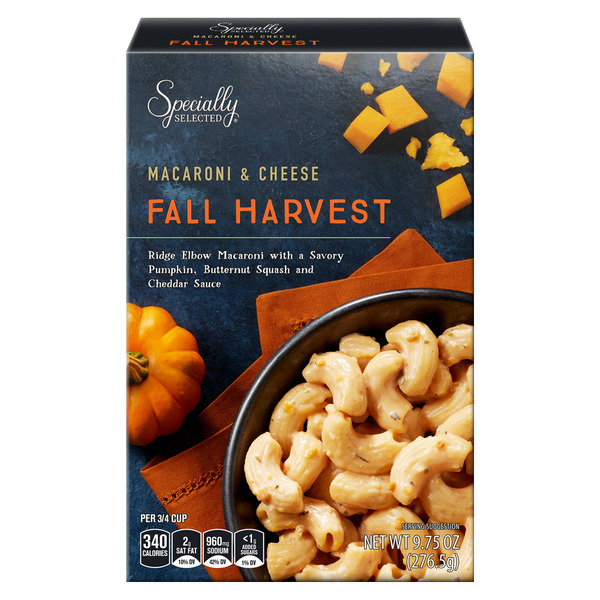
Aldi’s shelves are packed with affordable finds that bring seasonal flavors and comfort food vibes without stretching your budget. This November, there are some seriously good picks—from cozy drinks and snacks to hearty meal starters and sweet treats—all ready to make meal planning and snacking easier. Read More.
12 Essential Costco Buys Under $20
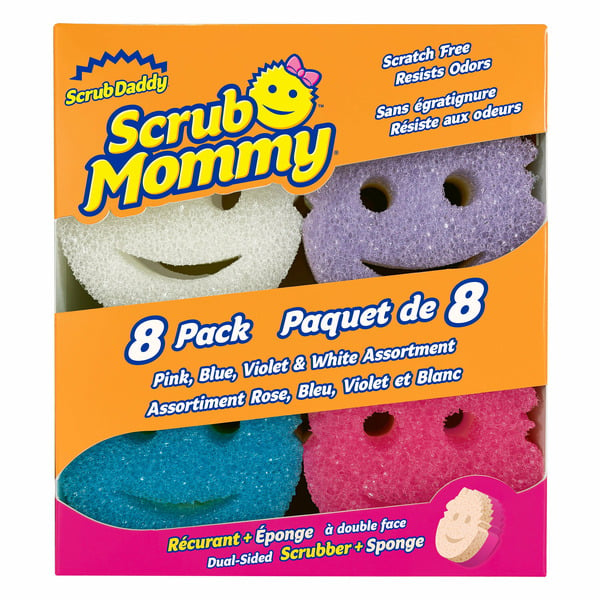
Costco is the go-to store for finding incredible deals, and you don’t need to spend a fortune to snag some great items. From household essentials to tasty snacks, Costco offers high-quality products for every budget. Read More.

